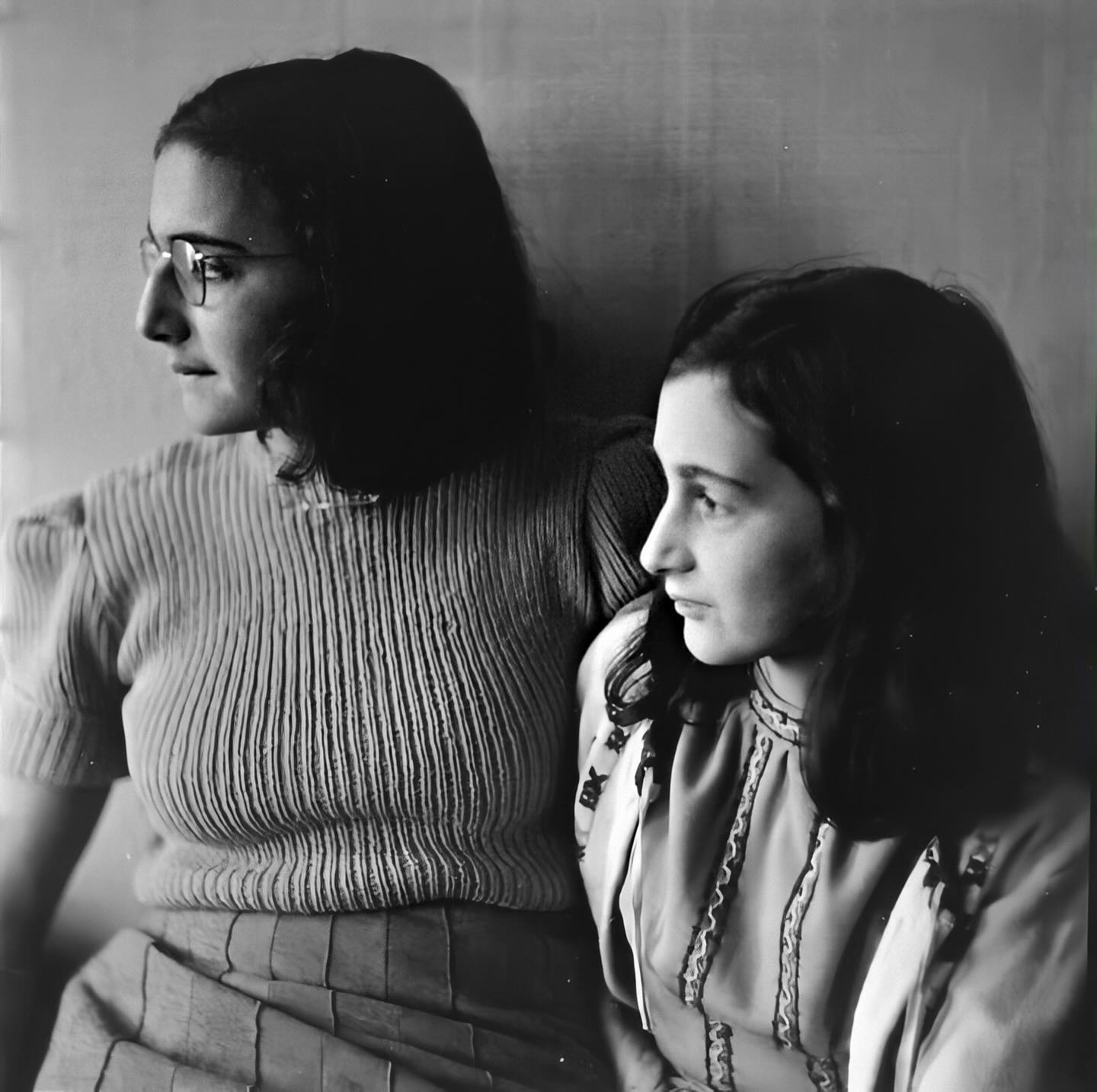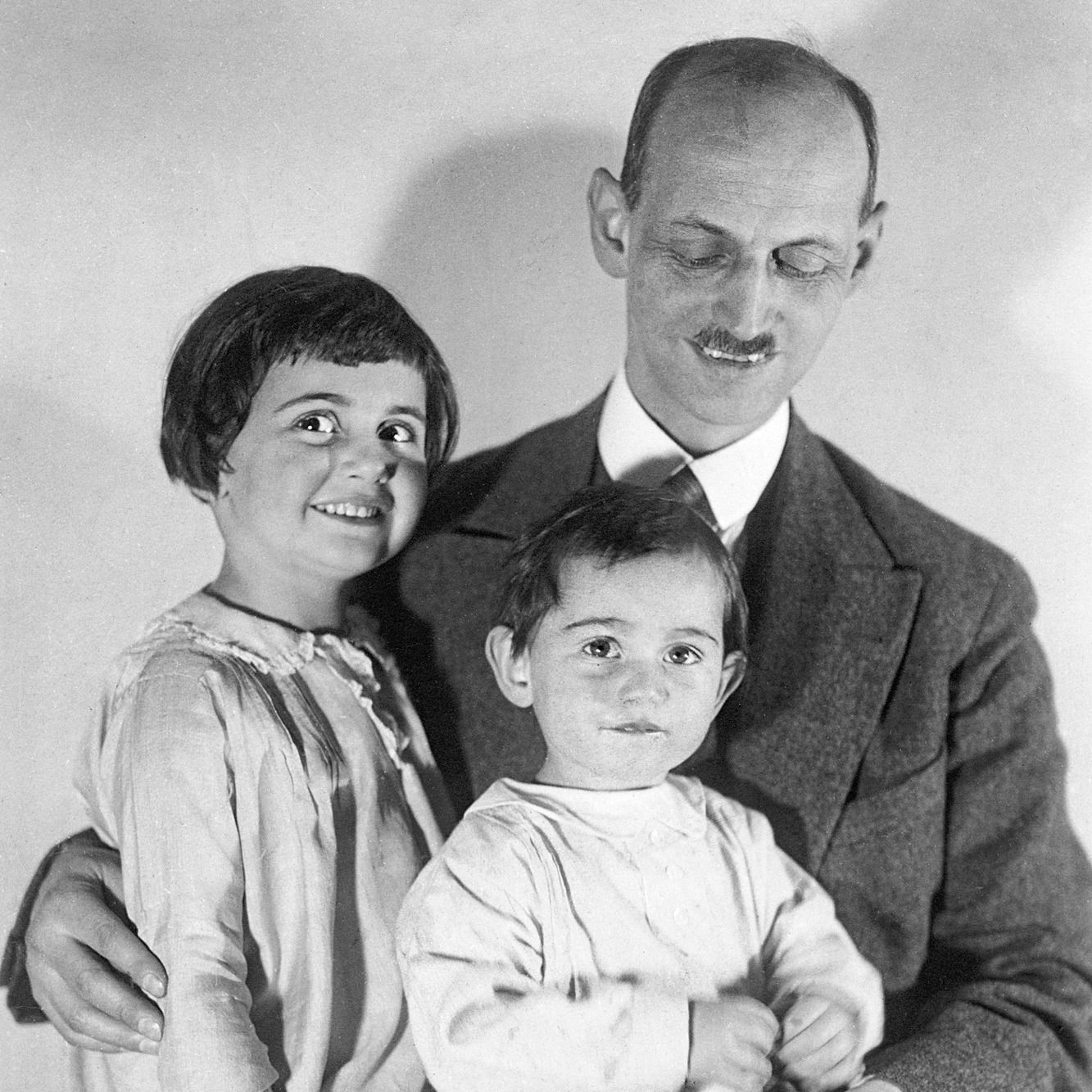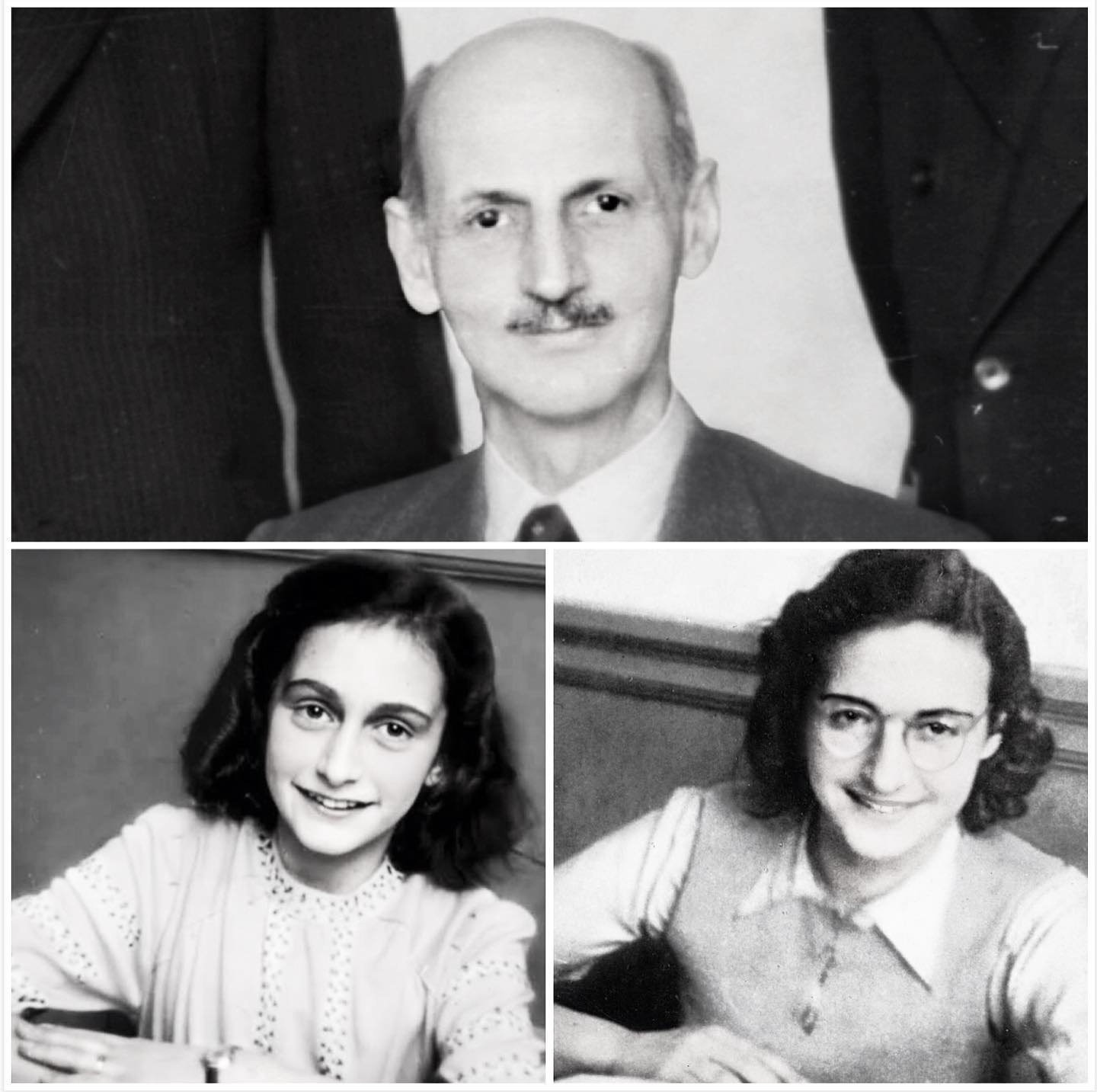The Last Search: A Father’s Agonizing Discovery
After the war, Otto Frank returned to Amsterdam a changed man. As the sole survivor of the eight people who had hidden in the Secret Annex, his life was consumed by a single, desperate task: searching for his family. He clung to the fragile hope that his daughters, Anne and Margot, had somehow survived. Every day was an agonizing ritual of checking the lists of the liberated, a pilgrimage to the Red Cross where he scoured endless pages, searching for their names among the living. He believed, against all odds, that he would find them.

His final search came on July 18, 1945. It was the day hope died. His eyes scanned the list one last time, and there they were: Annelies Marie Frank and Margot Betti Frank. But next to their names were the dreaded symbols of crosses. The truth was no longer a fear; it was a devastating finality.
The full, agonizing picture came into view a week later. Otto met with two sisters, Janny and Lien Brilleslijper, who had been imprisoned in Bergen-Belsen with Anne and Margot. They told him about the horrific conditions of their last months, the typhus epidemic that ravaged the camp, and the deaths of his daughters. It was a cruel, necessary conversation that provided the details that lists could not. On July 27, 1945, Otto wrote to his cousin, a simple sentence that carried the weight of unimaginable grief:
“Now I know the whole truth.”
A Daughter’s Last Words
The news of Anne’s death spread quickly among the small circle of helpers who had risked everything to keep the families safe. It was then that Miep Gies, in a quiet, solemn moment, approached Otto. She had been keeping a secret, a promise she made to herself. Since the day of the arrest, she had guarded the notebooks and loose papers she had found scattered on the floor of the Secret Annex. Without saying a word, she handed them to Otto.

He accepted them, but his grief was too raw to read them. For weeks, the diaries remained untouched. They were too painful, too close to the daughter he had just lost. But curiosity, and a father’s love, eventually won. Once he started reading, he couldn’t stop. He was a witness not just to his daughter’s life in hiding, but to her inner world, her sharp wit, her deepest fears, and her profound maturity. He saw the girl who wanted to be a writer, the one he never truly knew.
This moment is the most heartbreaking and most powerful turning point in Anne Frank’s story. Otto had lost his daughters, but in their place, he found their voices. The diaries, once a private conversation between a girl and her confidante, became a testimony for a generation. Otto’s final search for his daughters ended in tragedy, but it led to a discovery that would ensure Anne Frank’s words—and the memory of all those who perished—would live on forever. He had lost his children, but he found their legacy, and in doing so, he shared their light with the world.
